This story is the third in a three-part series by Global News looking at the training program at the Nova Scotia Firefighters school. You can see the first two reports here.

HALIFAX – After 16 long and challenging weeks of training, students at the Nova Scotia Firefighters School in Waverley, N.S. are near the end of their program.
Before that, however, they need to complete one of the most challenging things yet — a 24-hour shift.
“Today is like an accumulation of all the skills we learned throughout the course to see how we can put it all together,” says 24-year-old student Gerald Parris.
Students are treated like real firefighters on the shift, and must respond to mock calls as they come in. The calls involve a variety of fires, extrications and life-saving techniques.
“We’re sitting in that room and were anxious because we don’t know when the calls are going to come,” Parris says while in between calls. “And when we do, we’re so quick to get out the door, get the gear on, respond to it.”
BELOW: Students train at the Nova Scotia Firefighters School. (Photos: Cory McGraw/Global News)
Following the day-long shift, students have final exams and will then begin their on-the-job placements, which last for six weeks. They will be graduating at the end of January.
“When you get out in the real world, you’re going to be partnered with somebody who has many years experience, so you’re going to be able to learn from them,” says student Marcel West.
West is a married father of three who quit his job as an accountant to pursue his dream of becoming a firefighter. He will be heading to Sydney, N.S. for his job placement in two weeks. With training wrapping up, the reality that he won’t land a job right away is beginning to sink in.
“Hoping to have a job, start making money again. It’s been a different change for me after working for the last 10, 12 years full-time,” he says.
He admits he will likely need to move away after he graduates.
“I’m probably going to go out west and work out there for a little while and see what happens from there.”
The struggle of finding work in a competitive field is a reality for everybody in the program. Cristina Amaral, one of three female students, says she wants to stick around the Halifax area, but knows her decision means it could take time to secure a full-time job. She’s hopeful that she can gain experience through volunteering and be ready when Halifax Fire is looking to hire in the future.
Parris says the risk of not finding employment immediately is worth the chance to have his dream career.
“I want a job. I want to be a firefighter,” he says. “I want to get hired somewhere. I want to get on my feet as soon as possible.”


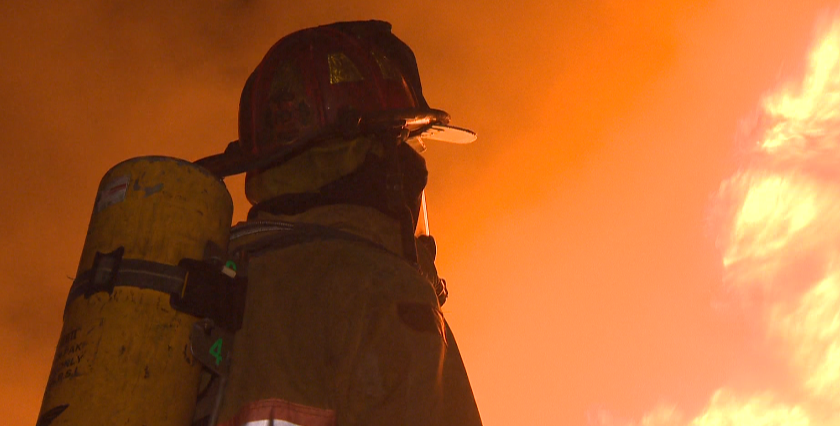

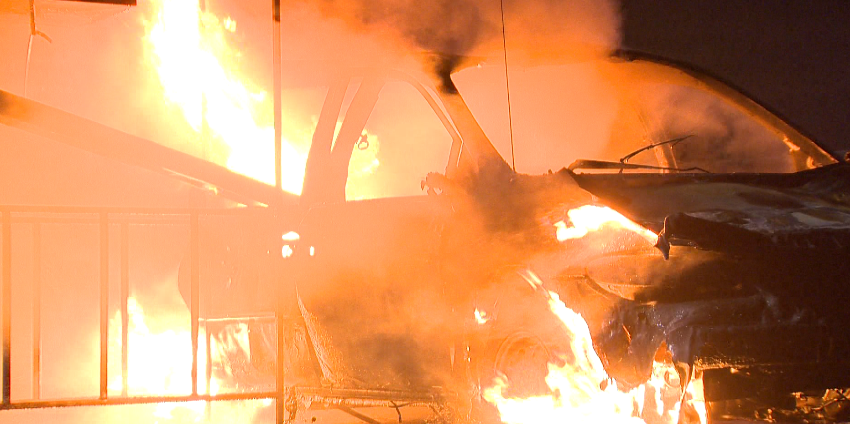

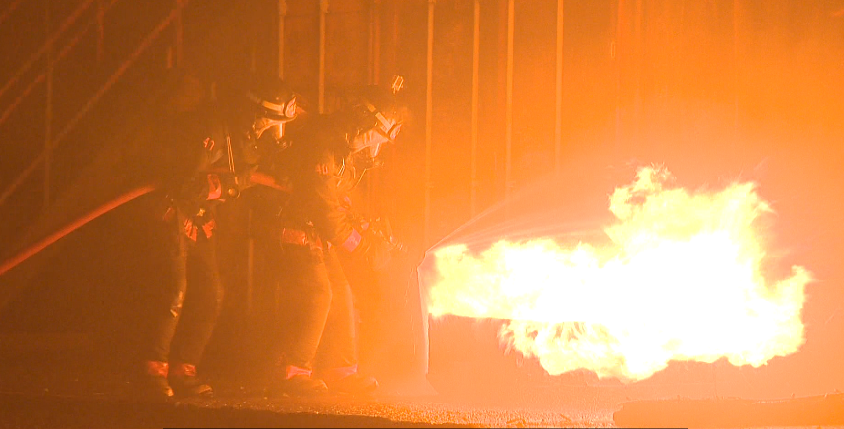

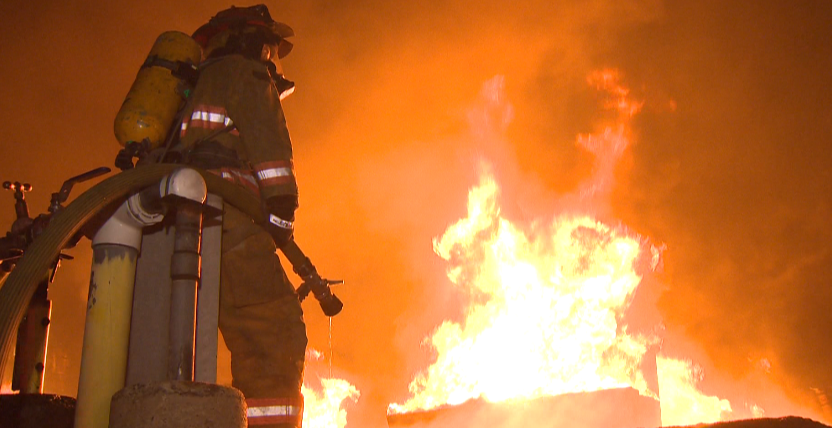

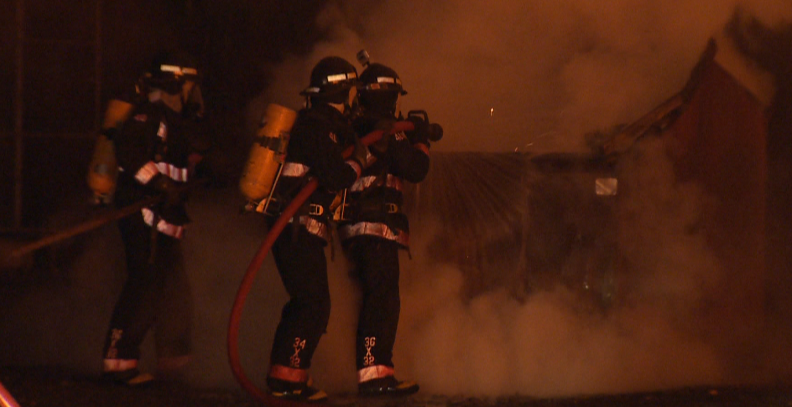

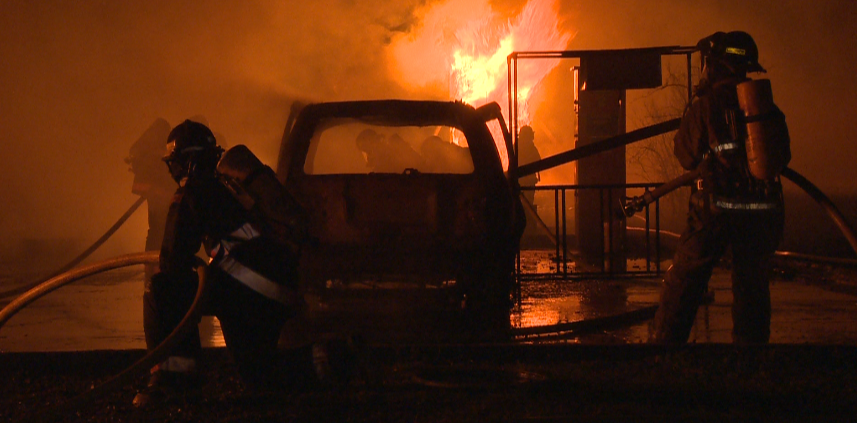

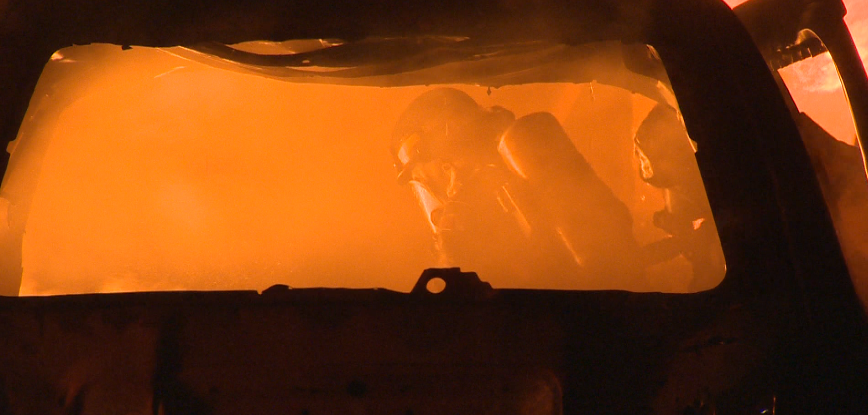


Comments